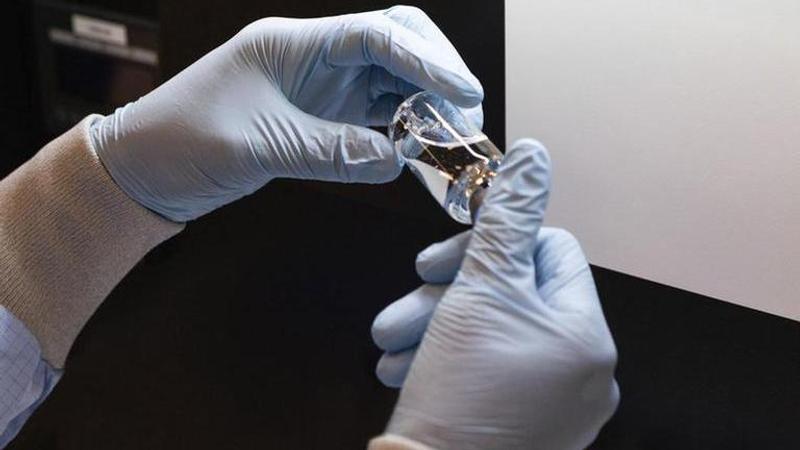Published 11:20 IST, April 6th 2020
Patients rush to join studies of remdesivir drug
The new coronavirus made cardiologist Dr. Jag Singh a patient at his own hospital in Massachusetts.

The new coronavirus made cardiologist Dr. Jag Singh a patient at his own hospital in Massachusetts.
His alarm grew as he saw an X-ray of his pneumonia-choked lungs and colleagues asked his wishes about life support while wheeling him into Massachusetts General's intensive care unit.
"I was, I would say, very surprised when I had the opportunity of looking at my chest X-ray. It did not look great," said Singh.
When they offered him a chance to help test remdesivir, an experimental drug that's shown promise against some other coronaviruses, "it didn't take me a millisecond to want to participate, for a variety of reasons," he said.
Coronavirus patients around the world have been rushing to join remdesivir studies that opened in hospitals in the last few weeks.
Interest has been so great that the U.S. National Institutes of Health is expanding its study, which has nearly reached its initial goal of 440 patients.
The drug's maker, California-based Gilead Sciences, is quickly ramping up its own studies, too.
For most people, the new coronavirus causes mild or moderate symptoms, which can include fever and cough but sometimes pneumonia requiring hospitalization.
The risk of death is greater for older adults and people with other health problems.
Remdesivir is given through an IV.
It's designed to interfere with an enzyme that reproduces viral genetic material.
In animal tests against SARS and MERS, diseases caused by similar coronaviruses, the drug helped prevent infection and reduced the severity of symptoms when given early enough in the course of illness.
It's farther along in testing than many other potential therapies and the current studies could lead to regulatory approval.
"This is an antiviral drug, and it is designed to slow down or stop the virus from multiplying. So, once the virus cannot multiply anymore, then the virus load goes down and the body's normal healing systems can take over and help the healing process," said Dr. Arun Sanyal, the study leader at Virginia Commonwealth University in Richmond.
Gilead has given remdesivir to more than 1,000 patients on a case-by-case emergency basis, but more people ultimately will be helped if the company does the needed studies to prove safety and effectiveness, chief executive Dan O'Day wrote in a recent letter to the public.
Gilead supplied remdesivir for two studies in China expected to give results by the end of the month.
It also launched two studies for hospitalized patients in the U.S., Asia, Europe and elsewhere.
One in severely ill patients tests five versus 10 days of treatment. Another in moderately sick patients compares those two options to standard care alone.
The NIH study is the most rigorous test.
It compares remdesivir to placebo infusions, and neither patients nor doctors know who is getting what until the end of the study.
Besides the U.S., it's open in Japan, Korea and Singapore.
The Boston cardiologist, Singh, said he was willing to take that chance to advance science even if he personally winds up not benefiting.
He's now recovering at home after spending a week in the hospital.
Updated 11:20 IST, April 6th 2020




